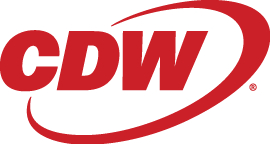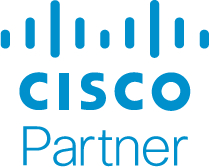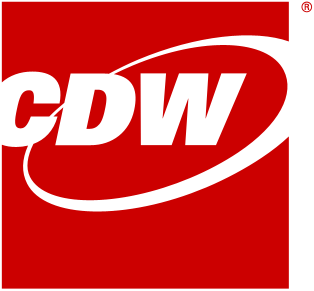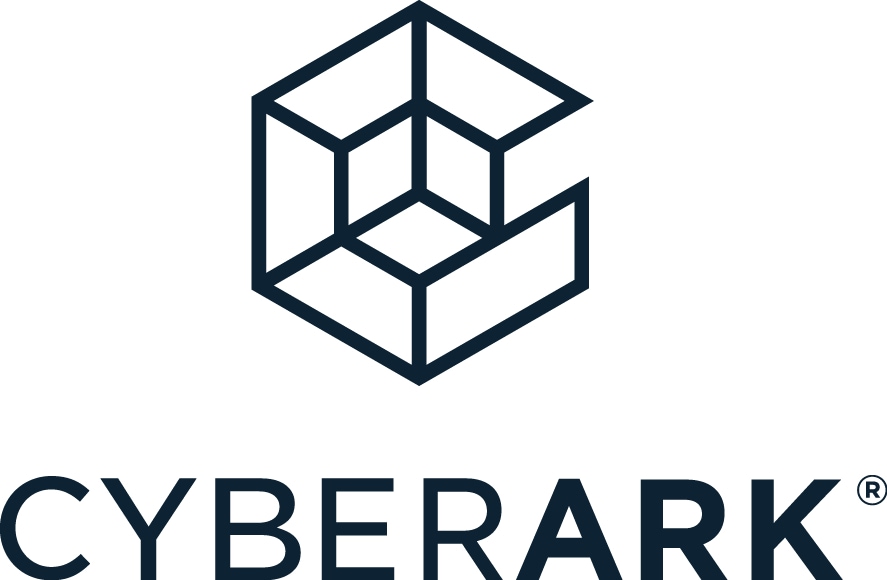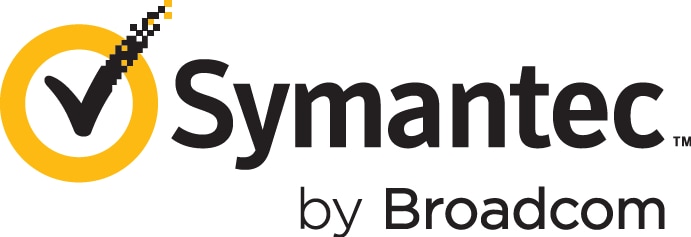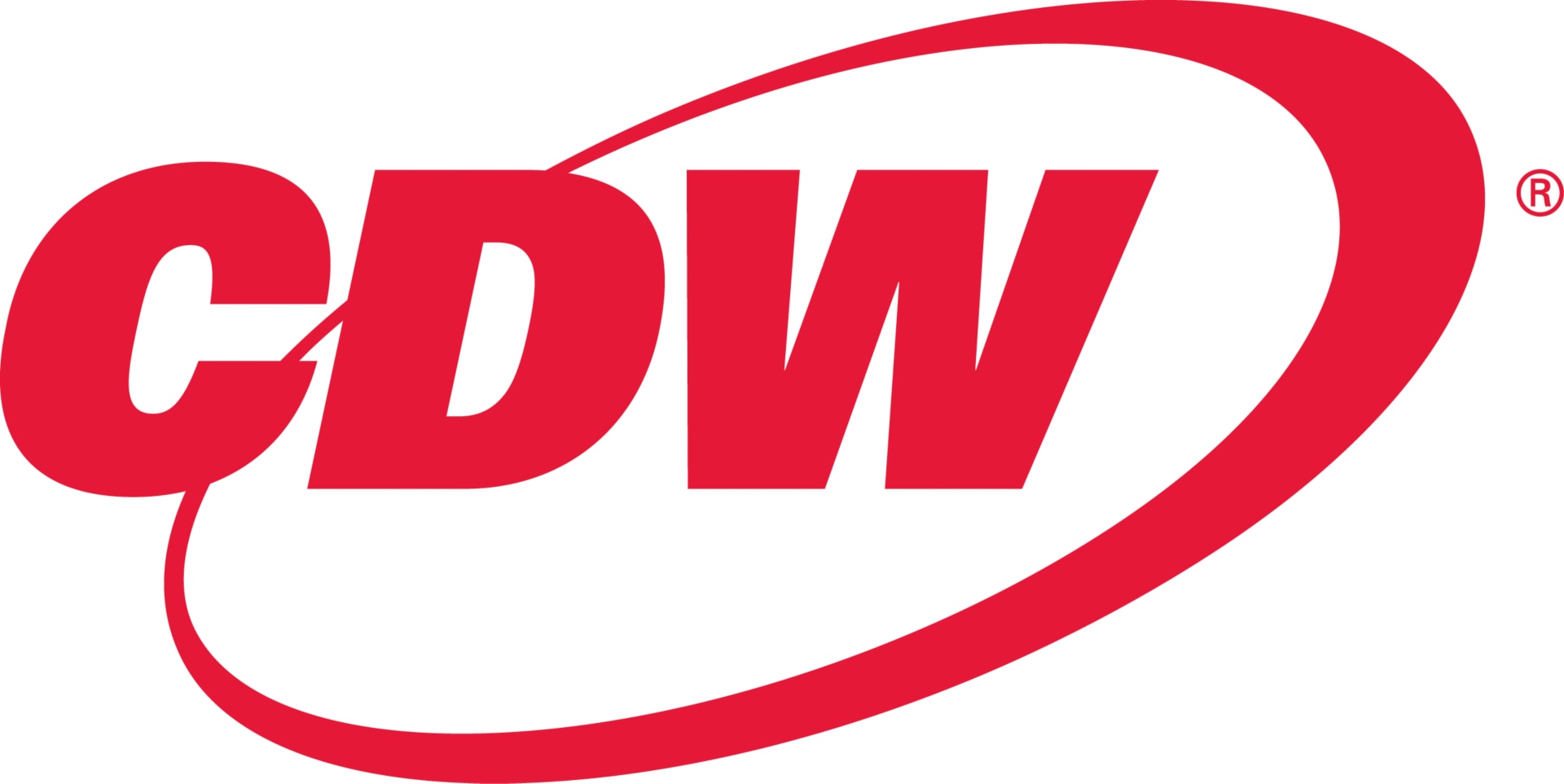Research Everything IT
RECENTLY ADDED
Read the Latest in the Research Hub


Feb 11, 2026
Security
A Layered Approach to Securing School Access and Ensuring Campus Safety
Article
6 min
Keeping campuses accessible while improving safety isn’t easy. A layered approach to access control and visitor management can help schools modernize aging infrastructure, reduce fragmentation and develop more scalable, unified security strategies.


Feb 11, 2026
Security
AI Threats Demand New Cybersecurity Investments
Article
3 min
Microsoft’s cybersecurity offerings are helping organizations battle emerging threats from artificial intelligence.


Feb 11, 2026
AI and Emerging Tech
Why AI‑Driven Observability Is Rising to the Top of IT Priorities
Article
5 min
AI‑driven observability helps IT teams improve uptime, reduce manual work and accelerate failed deployment recovery time. Learn how intelligent automation delivers fast ROI and strengthens your network’s reliability.


Feb 06, 2026
Security
Next Generation Firewalls: Complete NGFW Guide and Evaluation
Article
17 min
Learn how next-generation firewalls (NGFWs) improve visibility, threat detection and cloud security. Explore key features, buyer criteria and deployment best practices.


Feb 06, 2026
Hardware
AVoIP in Higher Education: Upgrade Once, Scale Everywhere, Spend Less
Article
4 min
Learn how AVoIP helps higher education modernize AV systems, reduce costs and improve learning experiences — all while future-proofing your campus.


Feb 05, 2026
AI and Emerging Tech
Overwhelmed by AI? Why Managed Services Are Your Best Strategy
Article
6 min
Struggling to scale AI? From infrastructure costs to skill gaps, discover why managed services are critical for navigating the AI transition.
TRENDING
What Other IT Pros are Researching
View All

Sep 16, 2022
Networking
Why You Should Consider an Upgrade to Wi-Fi 6 or 6e
article
3 min
A wireless upgrade can help organizations meet users’ growing demand for connectivity.


Oct 03, 2022
Security
Don't Get Hooked: Avoid Becoming the Bait of a Phishing Email
article
3 min
Take a look at this infographic to learn what to look out for in a suspicious email.


Sep 23, 2022
Digital Workspace
Conversation Design Puts AI One Step Closer to Humans
article
4 min
Conversation interfaces can enable customer interaction with automated systems more naturally.


Sep 09, 2022
Cloud
When a DDoS attack comes, defend your applications with an AWS firewall
article
3 min
CDW Managed Services for AWS protects customer web applications using AWS WAF Security Automations.
SECURITY
Create a Secure Digital Environment
Helping to protect you—and your end users—from security breaches.


Feb 11, 2026
Security
A Layered Approach to Securing School Access and Ensuring Campus Safety
Article
6 min
Keeping campuses accessible while improving safety isn’t easy. A layered approach to access control and visitor management can help schools modernize aging infrastructure, reduce fragmentation and develop more scalable, unified security strategies.


Feb 11, 2026
Security
AI Threats Demand New Cybersecurity Investments
Article
3 min
Microsoft’s cybersecurity offerings are helping organizations battle emerging threats from artificial intelligence.


Feb 06, 2026
Security
Next Generation Firewalls: Complete NGFW Guide and Evaluation
Article
17 min
Learn how next-generation firewalls (NGFWs) improve visibility, threat detection and cloud security. Explore key features, buyer criteria and deployment best practices.


Jan 30, 2026
Security
5 IAM Trends to Watch in 2026 (and How to Prepare for Them)
Article
5 min
In 2026, identity security is a discipline, not a product stack. It’s more important than ever to secure people, machines and AI agents alike by clarifying controls, accounting for nonhuman identities and focusing on practical metrics.
Collaboration
A Digital Workspace for New Ways of Working
View All

Dec 23, 2025
Digital Workspace
Empowering Hybrid Collaboration: Logitech Solutions for the Modern Workplace
Article
3 min
Logitech has led the way with technology innovations that support modern workers in a variety of work environments.


Dec 15, 2025
Digital Workspace
Why Culture, Not Code, Determines AI Success
Article
5 min
AI succeeds when organizations focus on people, not mandates. Explore how to drive adoption with clear goals, strong governance and pilot-led experimentation that delivers real business outcomes.


Dec 12, 2025
Digital Workspace
Four Trends to Watch in 2026 as Workplace Technology Evolves
Video
3 min
By leaning into these new developments, organizations can set themselves up for success.


Dec 09, 2025
Digital Workspace
How To Modernize Your Customer Contact Center To Meet Evolving Expectations
Article
5 min
AI-enhanced platforms, customer contact centers are rapidly evolving to make agents more productive and to provide a seamless customer experience.
CLOUD
Complete Your Cloud Journey


Dec 31, 2025
Cloud
Optimizing Public Sector IT Environments
Article
3 min
A careful look at existing resources can free up considerable cash for new technology investments.


Dec 22, 2025
Cloud
How to Maximize Microsoft CSP and Unlock AI Success With CDW
Webinar
2 min
Discover how CDW helps maximize Microsoft CSP with Copilot adoption, Azure optimization, Inscape insights and expert support


Dec 17, 2025
Cloud
4 Cloud Trends for 2026
Video
3 min
Organizations view the cloud as a foundation for automation and agility, leading them to focus on efficiency and optimization.


Dec 15, 2025
Cloud
How Agentic AI Is Shaping the Future of Platform Engineering
Article
4 min
Agentic AI is revolutionizing hybrid cloud migrations and platform engineering by automating complex workflows and improving developer experiences — driving resilient, innovative infrastructure with multi-agent collaboration and expert guidance.










